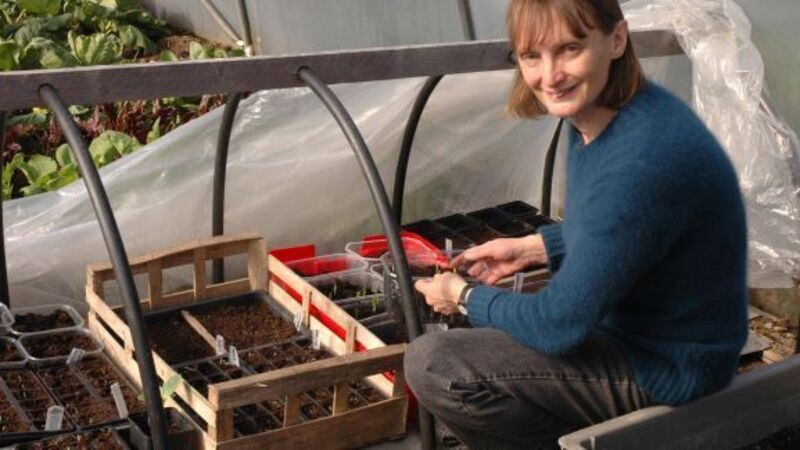Growing her own stories

Each generation passes so much on to the next: fears, resilience, the ability to adapt, the kindnesses
Yorkshire woman Joyce Russell moved to Cork in the 1970s, and now lives in the mountains near Gougane Barra. Her debut collection, Bloodlines and Other Stories, will launch the Cork International Short Story Festival (Sept 19-23).











